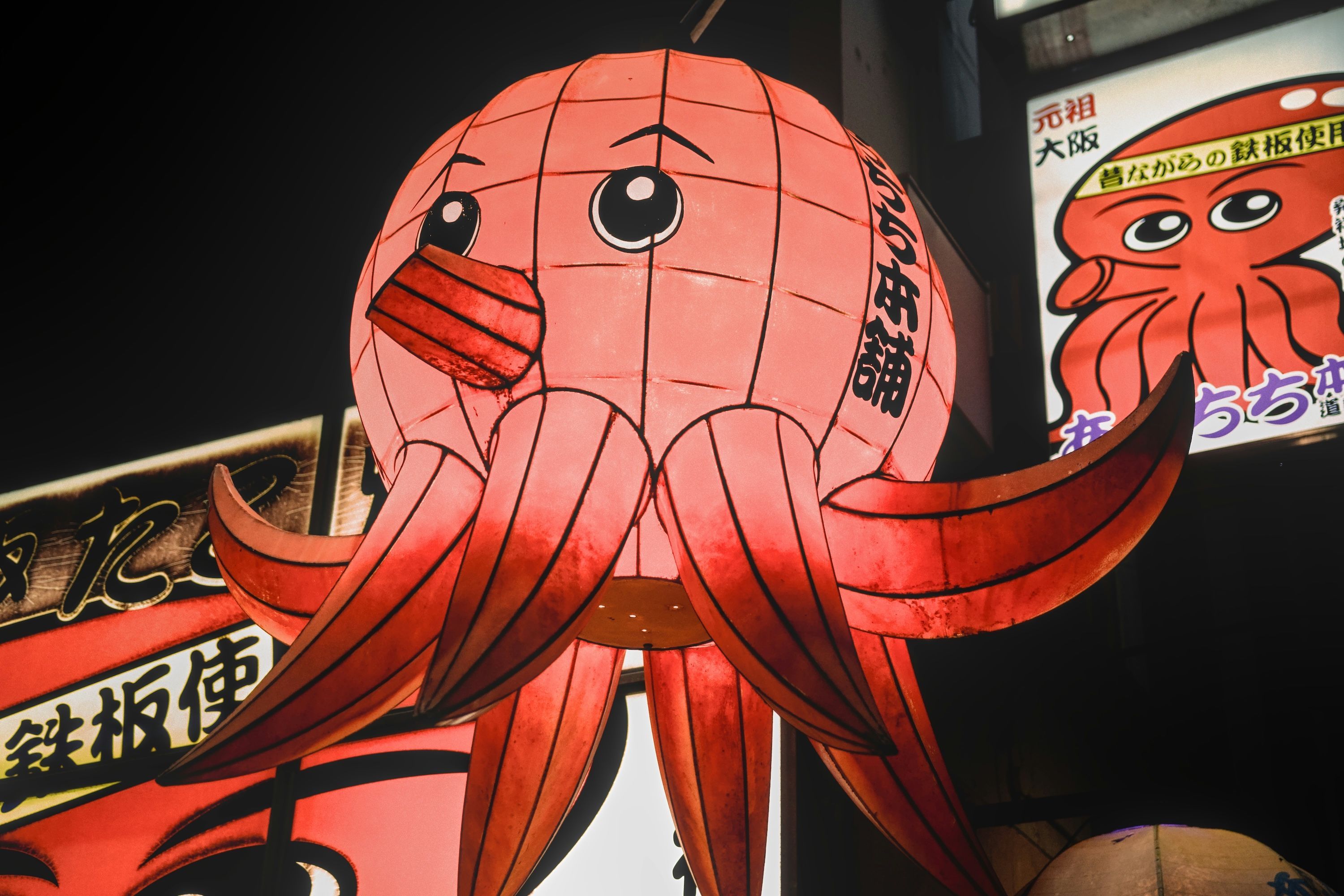15 Weird Words: Give Your English a Fun Twist
Get ready to explore the offbeat side of English! From whimsical verbs to peculiar nouns and everything in between, this collection of weird words will help you stand out in your next conversation. Whether you’re aiming to impress classmates or simply have fun with language, these quirky terms are sure to make your English sparkle.

If you’re on a mission to expand your vocabulary and add a bit of flair to your everyday speech, you’ve come to the right place. Whether you want to impress your classmates, amuse your friends, or simply make your conversations more memorable, learning weird words can do wonders for your English. In this guide, we’ll dive into some of the most unusual English words that can instantly enhance your language skills. From entertaining verbs to whimsical adjectives and oddly fascinating nouns, these terms will not only boost your vocabulary but also help you connect with people in more creative and engaging ways.
One of the best parts about discovering cool words is how they spark curiosity. When you sprinkle just a few of these unique words into your daily talk, you create an air of excitement—people can’t help but wonder what else you’ve got up your sleeve. Plus, odd or quirky language can be a great icebreaker. It shows off your sense of humor, your willingness to explore something different, and your passion for mastering English in a fun, unconventional way.
Before we jump into specific examples, here’s a quick tip: don’t let these words intimidate you. Even though they might sound bizarre or complicated at first, once you know their meanings and practice them a few times, they’ll become part of your natural vocabulary. Challenge yourself to learn new words regularly, and soon you’ll see your language level rising. Now let’s explore these delightful terms to give your English a brand-new shine!
Quirky Verbs
- Galumph /ɡəˈlʌmf/ (verb)
To move with heavy, clumsy steps.
Sentence: “I could hear him galumph down the stairs after oversleeping.” - Wheedle /ˈwiːdl/ (verb)
To coax or persuade someone using flattery or soft words.
Sentence: “She tried to wheedle her parents into letting her stay out late.” - Skedaddle /skɪˈdædl/ (verb)
To run away quickly or to leave in a hurry.
Sentence: “We decided to skedaddle when we saw the storm clouds rolling in.” - Flummox /ˈflʌməks/ (verb)
To confuse or perplex.
Sentence: “The unexpected question flummoxed him during the interview.” - Bamboozle /bæmˈbuːzl/ (verb)
To fool or trick someone, often in a playful way.
Sentence: “He tried to bamboozle his friends with a magic card trick.”
Whimsical Adjectives
- Quixotic /kwɪkˈsɒtɪk/ (adjective)
Exceedingly idealistic, impractical, or romantic.
Sentence: “Her quixotic dreams of becoming an astronaut kept her going through tough times.” - Lugubrious /ləˈɡuːbriəs/ (adjective)
Extremely mournful or gloomy in tone or appearance.
Sentence: “He gave me a lugubrious look when he heard the bad news.” - Ebullient /ɪˈbʌliənt/ (adjective)
Overflowing with enthusiasm or excitement.
Sentence: “Her ebullient personality makes her the life of every party.” - Serendipitous /ˌserənˈdɪpətəs/ (adjective)
Occurring or discovered by chance in a happy or beneficial way.
Sentence: “It was purely serendipitous that we met on that train and became best friends.” - Bizarre /bɪˈzɑː(r)/ (adjective)
Odd or extremely strange.
Sentence: “He has a habit of telling the most bizarre stories at family gatherings.”
Oddly Fascinating Nouns
- Hodgepodge /ˈhɒdʒpɒdʒ/ (noun)
A mixture of different things, often thrown together randomly.
Sentence: “Her kitchen drawers contain a hodgepodge of utensils she’s collected over the years.” - Kerfuffle /kəˈfʌfl/ (noun)
A commotion or fuss, especially one caused by conflicting views.
Sentence: “There was a bit of a kerfuffle when the announcement was made too early.” - Codswallop /ˈkɒdzwɒləp/ (noun)
Nonsense or foolish talk.
Sentence: “He insisted the rumor was pure codswallop and refused to believe it.” - Flibbertigibbet /ˈflɪbətidʒɪbɪt/ (noun)
A frivolous, flighty, or excessively talkative person.
Sentence: “She's such a flibbertigibbet, always chatting away without a care.” - Shenanigans /ʃɪˈnænɪɡənz/ (noun)
Mischief or playful trickery.
Sentence: “We got into all sorts of shenanigans during our summer vacation.”
Bringing these fancy and sometimes funny words into your daily conversations is a wonderful way to improve your vocabulary and stand out. They add color and character to your speech, making it easier to express your thoughts with nuance and creativity. Besides, it’s much more fun to say “skedaddle” than “leave quickly,” wouldn’t you agree?
If you find yourself stumbling over pronunciations or meanings, don’t worry. Practice each word out loud, look up audio examples, and try using them in short sentences of your own. Make flashcards, set daily reminders, or even challenge a friend to learn these terms with you. The journey to better English is always more enjoyable when you’ve got someone along for the ride.
Finally, remember that language is a living, evolving thing. Embrace the weird words, the unusual phrases, and the playful expressions that keep it interesting. Your vocabulary is your personal toolbox for communication—expand it, refine it, and most importantly, have fun with it. Soon enough, people around you will be asking how you learned all these cool words, and you can proudly say you dove into the realm of the wonderfully weird.